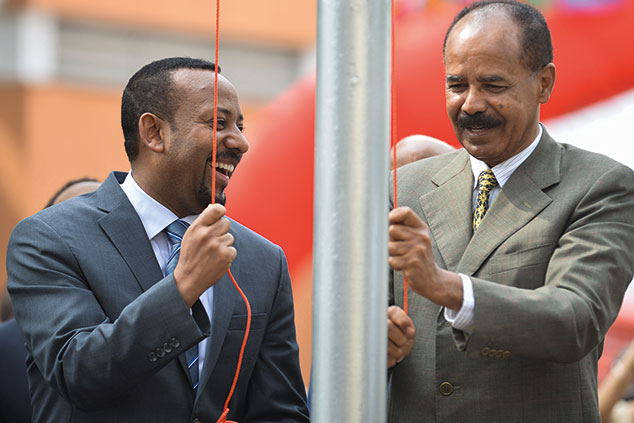
The reopening is the latest example of how Ahmed “has pursued an aggressive, reformist agenda” that seeks “to rewrite Ethiopia’s old, authoritarian social contract and unite the country’s fractured society”, says Michael Woldemariam in Foreign Affairs. Seeking peace is just another step in the drive for “national reconciliation” – although the move is also “driven by hard realities”. Ethiopia’s landlocked position means that “its economic future depends on integrating its economy with those of its neighbours”.
Don’t get carried away, says the Economist. Ahmed enjoys 90% approval ratings and something of a “personality cult”, but “there are signs that his honeymoon may be ending” as shown by an assassination attempt in June. Recently, “federal troops clashed with local security forces in Ethiopia’s Somali region, triggering tit-for-tat killings and displacing thousands”, while the state’s response to rising ethnic violence has been “feeble”.
Even Ahmed’s reformist credentials don’t look entirely robust: he “never gives interviews and has yet to hold a press conference”, while “non-state outlets complain that they are no longer invited to official press briefings”.